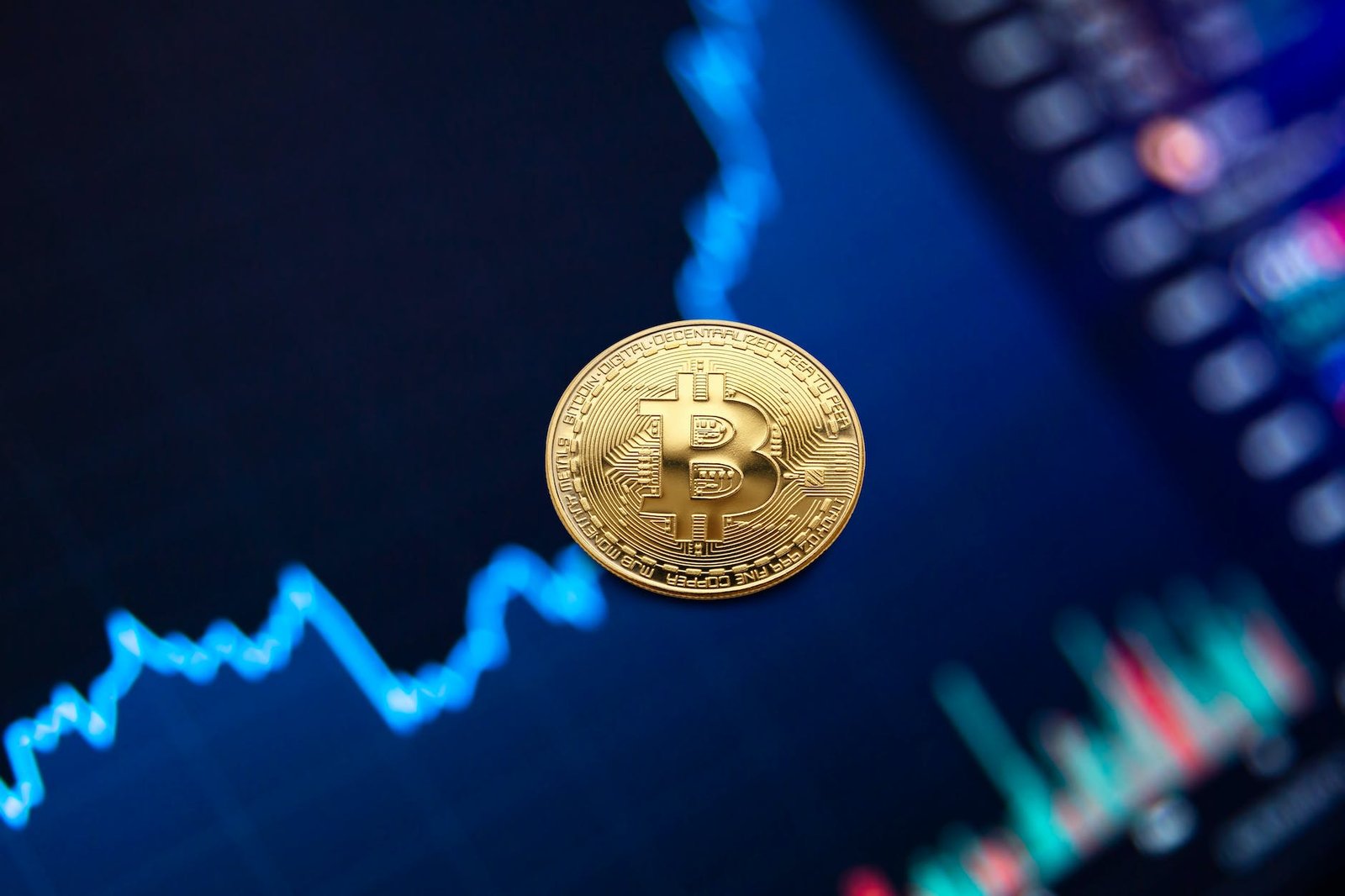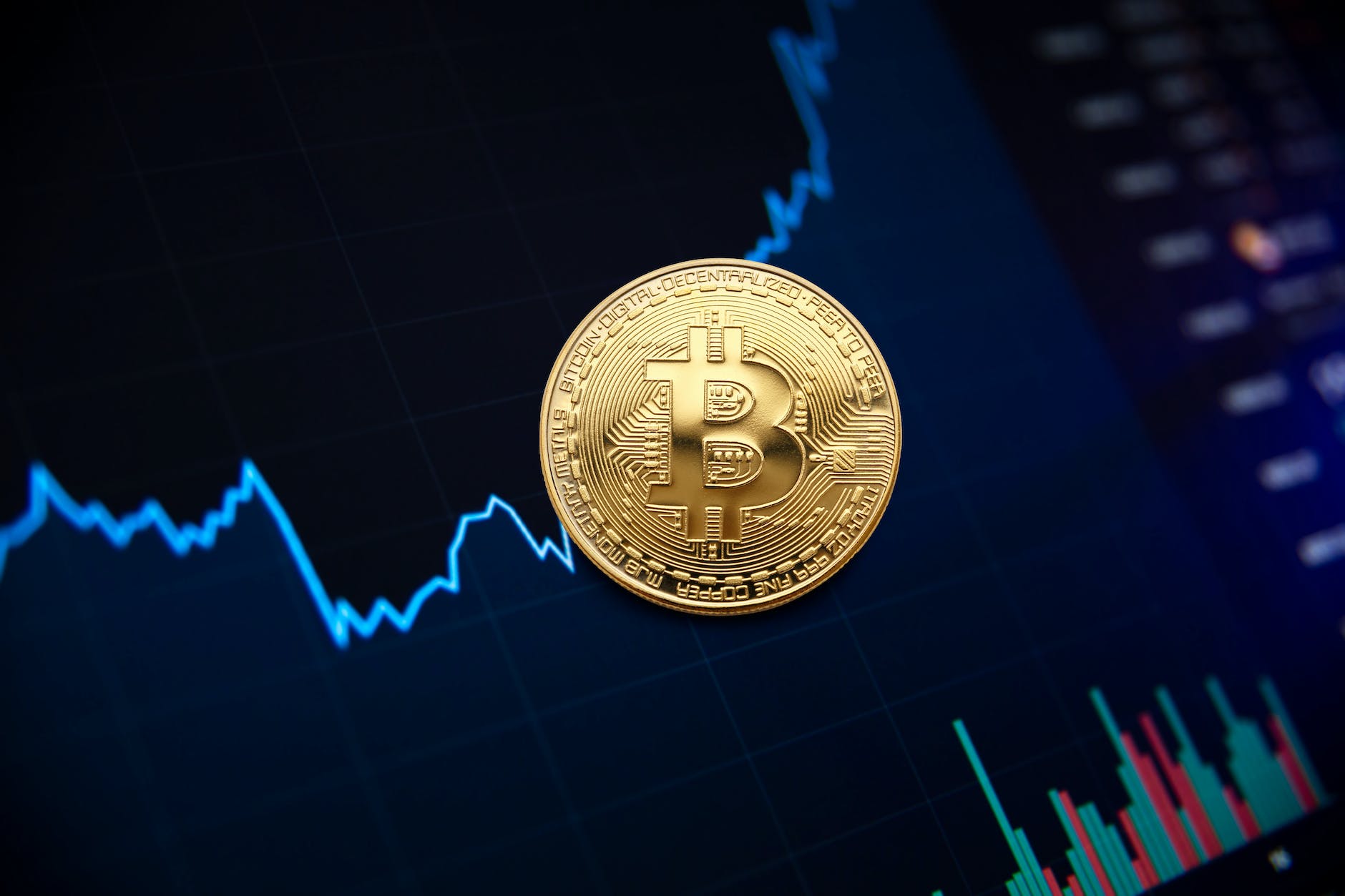
Photo by Sora Shimazaki on Pexels.com
The U.S. Securities and Exchange Commission (SEC) is taking significant steps towards pursuing an appeal in their recent legal battle against Ripple, indicating a potential shift in the course of the lawsuit.
James K. Filan, an experienced defense attorney specializing in crypto-related legal matters, has shed light on the latest developments. District Judge Analisa Torres has initiated a structured process for considering the SEC’s request to present an interlocutory appeal—a move that would allow the SEC to contest certain aspects of the ongoing case.
It’s important to note that this preliminary step does not guarantee the authorization of an interlocutory appeal; rather, it signifies that the SEC has been given the opportunity to formally request such an appeal.
Judge Torres has outlined the timeline for this process in her official order. The SEC is expected to file their motion for the appeal by August 18th. Subsequently, Ripple is given until September 1st to submit their opposition papers. If the SEC deems it necessary, they have until September 8th to file a reply.
The news of these developments had an immediate impact on the cryptocurrency market. Following the announcement of the judge’s order, the value of XRP experienced a sharp decline. The price, which had been trading at approximately $0.571, dropped to around $0.499 at the time of writing. This decrease of over 12% aligns with the broader trends observed across the cryptocurrency landscape.
The legal clash between the SEC and Ripple began when the regulatory agency filed a lawsuit against the San Francisco-based payments company in late 2020. The SEC alleged that Ripple had engaged in the sale of XRP without registering it as a security.
In a significant turn of events last month, Judge Torres issued a ruling that had mixed implications for both parties. She determined that Ripple’s automated programmatic sales of XRP, which occurred on the open market, could not be classified as securities offerings—a pivotal point of disagreement between the SEC and Ripple.
However, the judge did uphold a key aspect of the SEC’s argument. She agreed with the agency’s assertion that Ripple’s direct sales of XRP to institutional buyers indeed amounted to a securities offering, reinforcing the complexity of the case.
As the legal battle continues to unfold, the spotlight remains on the actions and responses of the SEC and Ripple, and how their ongoing dispute could shape the future regulatory landscape for cryptocurrencies and digital assets.
Comments are closed.
More News
-
RBI Calls Crypto A Threat To India’s Financial Stability
February 11, 2022 -
NFTs In A Nutshell: A Weekly Review | Bitcoinist.com
February 20, 2022
Bitcoin News
-
बिटकॉइन और ब्लॉकचैन का हमारी दैनिक जीवन में क्या महत्व है।
April 28, 2024 -
बिटकॉइन क्या है ?
April 27, 2024
Most Viewed
-
बिटकॉइन क्या है ?
April 27, 2024
Recommend News
Bitcoin News
-
बिटकॉइन और ब्लॉकचैन का हमारी दैनिक जीवन में क्या महत्व है।
April 28, 2024 -
बिटकॉइन क्या है ?
April 27, 2024









